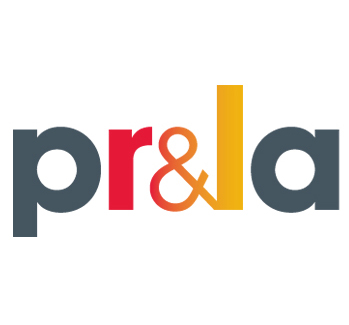State Items
Election results
After another year of new limits reached on astronomical campaign spending, the election is over:
- Bob Casey won reelection to the U.S. Senate.
- Democrats gained control of the U.S. House and Republicans held a slight 51-49 lead in the U.S. Senate.
- Governor Wolf and (now) Lieutenant Governor Fetterman won reelection.
- Republicans hold a 29-21 majority in the state Senate, which is a loss of 5 seats from their previous majority.
- Republicans continue to hold a 110-93 majority in the state House, down from their 122-81 majority in the previous session.
What does this mean?
The election this year led to a large loss of moderate Republicans in the Pennsylvania House and Senate. This will lead to even more polarization between the two parties. There is not a lot of hope for an on-time budget or even some of the “working across the aisle” that is needed to get good pieces of legislation across the finish line.
What will happen in 2019?
Redistricting reform and reducing the size of the legislature will continue to be hot topics as the legislature returns to session. Also, we have a Governor who is in his last four years of office, so expect significantly less negotiation as it pertains to his priorities.
Committee Chairs
Committee chairs and committee assignments for the 2019/2020 session should be announced by the time you read this magazine. Check the legislative update for updates.
What about PRLA’s priorities?
PRLA’s legislative committees will meet at the end of January to determine PRLA’s legislative priorities for this session, but we expect the following to make the list:
- PRLA’s Alcohol Service Committee has created a task force to develop a position on the “licensing” concerns we have as an association. The task force will determine a position regarding how to address the influx of grocery, convenience, and big box stores that are purchasing restaurant (R) licenses.
- “Keep our Summers Sacred”—PRLA will be moving forward with legislation that would require school districts not to open before a specified date to ensure tourism attractions, restaurants, and hotels can continue to stay staffed through the summer months.
- Online home sharing—As we look at the impact Act 109 has on online home sharing sites, we will be moving forward with legislation that would require registration of sites and sharing of information to enable tax compliance and local enforcement.
- Minimum wage/tipped wage—With a legislature that is more polarized than ever, a minimum wage increase could be part of a broader budget deal—of course, with that comes the tipped wage discussion.
State overtime regulations
As we enter 2019, we expect the Department of Labor to release an amended proposed regulation pertaining to an increase in the salary threshold for exempt employees.
Federal Items
Lame duck goals
By the time you read this, Congress will have wrapped up its “lame duck” session having achieved—or not—the following priorities:
- Ways and Means Chairman Kevin Brady has included language in his tax package that would restore the 15-year depreciation that was inadvertently increased to 39 years in the tax code bill.
- Congress must pass a funding bill by December 8 and President Trump has threatened a veto if it does not contain funding for the border wall.
- Sen. Lamar Jackson (R, Tennessee) is pushing for criminal just reform before the end of session.
2019 goals
ADA reform, Affordable Care Act changes, immigration and any of the above which have not been addressed will continue to be priorities entering the new congressional session.
Local Items
Philadelphia—regulations, regulations everywhere
Philadelphia will be working on and issuing regulations for the sodium warning label and predictive scheduling legislation that were passed in 2018—PRLA will be actively involved in that process.
Pittsburgh—mandated paid sick leave
We expect the state Supreme Court will make a final decision on this suit in 2019.
Local elections
Local government elections are in 2019, which means some—if not all—of your local government officials are up for reelection. •













